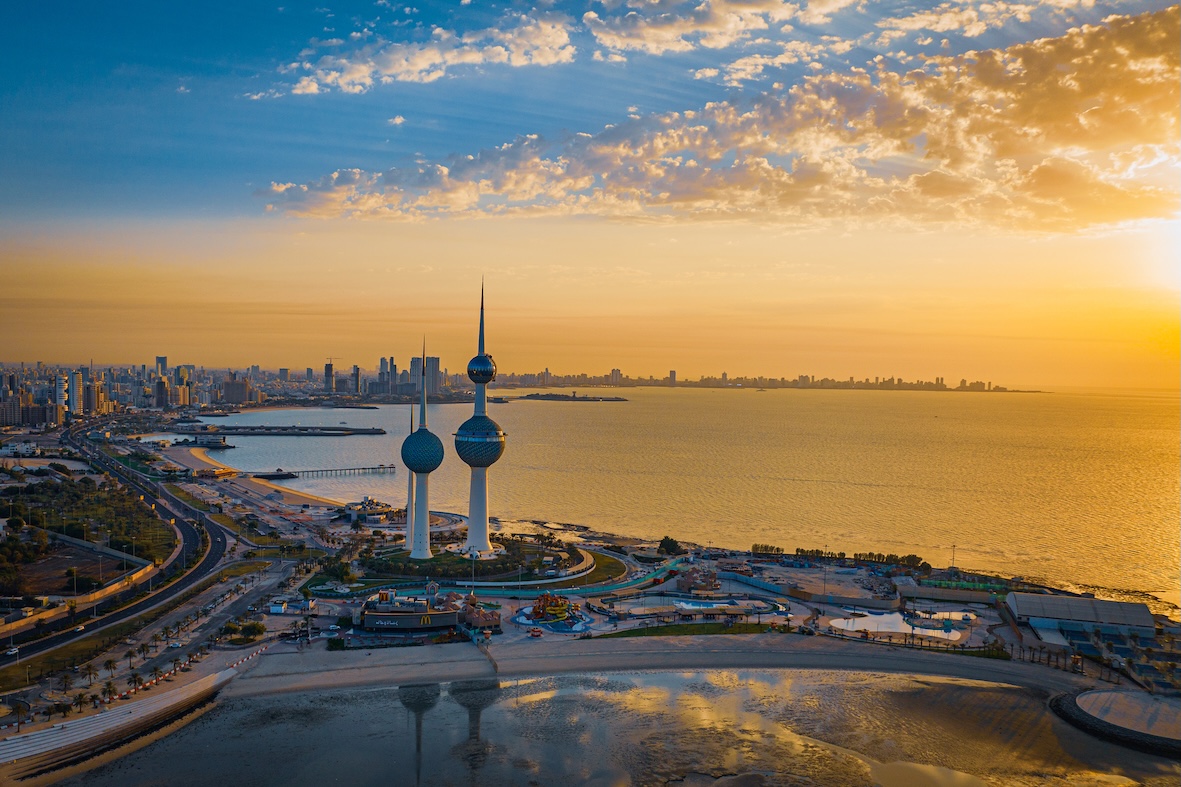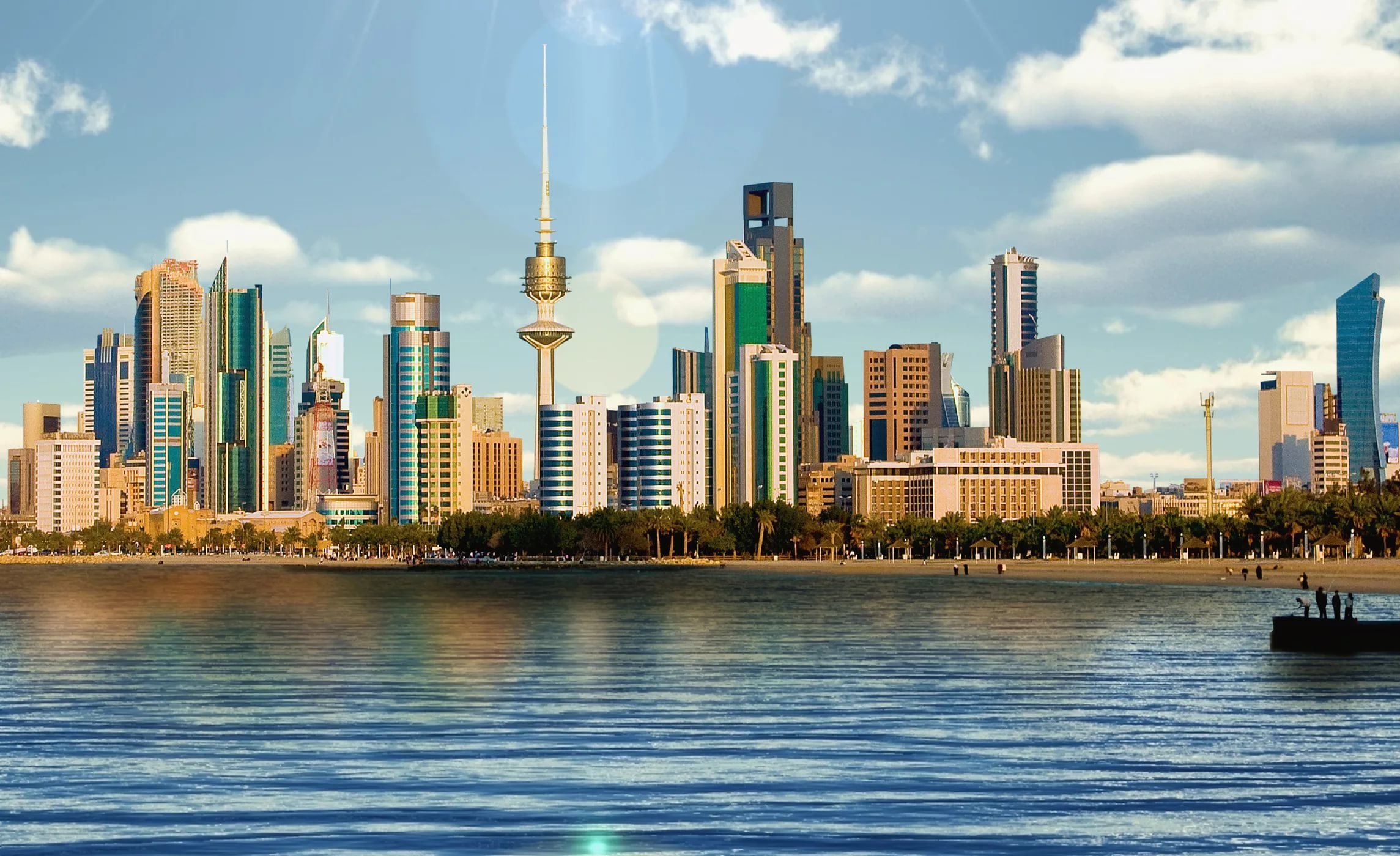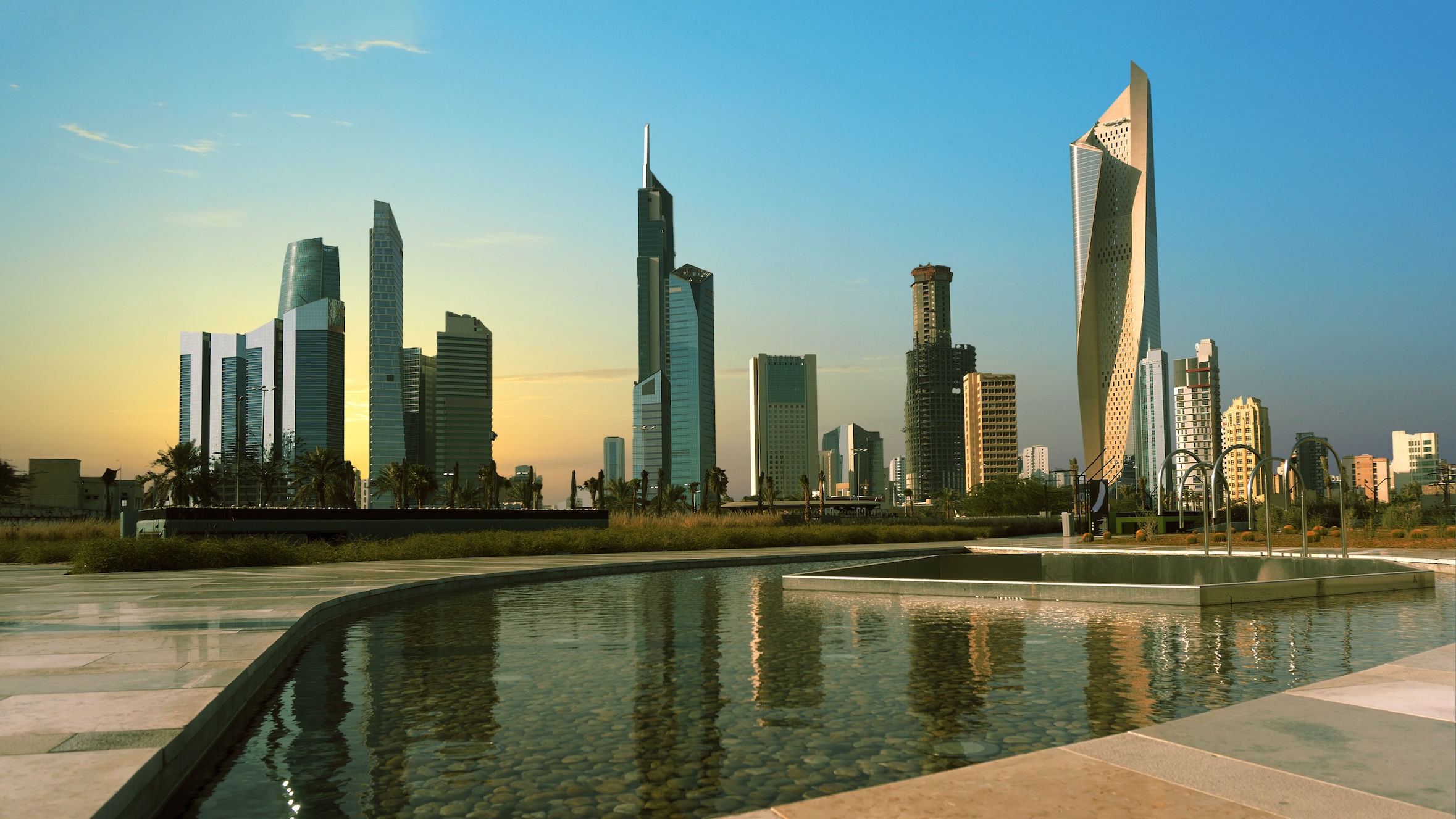The Unites Arab Emirates (UAE) has embarked on one of the most significant overhauls of the legal system in years, with changes to personal and family laws, and other areas affecting people’s daily lives.
The laws, effective immediately, reflect progressive measures to improve living standards, and for the UAE to continue to be a destination for foreign direct investment and people from around the world. Amendments to existing laws and the introduction of new laws seek to regulate crucial personal and civil laws, with provisions allowing non-Emiratis to have their personal affairs dealt with according to the law of their home country. The changes also mean that the laws of a person’s country of origin can be used for divorces and inheritance; meaning that Islamic law, or Sharia, would be rarely used when it comes to family law cases involving expats.
Divorce and Inheritance
One of the most significant developments relates to divorce, separation and the division of assets if a marriage breaks down. If a couple were married in their home country, but get a divorce in the UAE, the laws of the country where the marriage took place will apply. The new law mentions joint assets and joint accounts, and that the court could be called on to mediate if there was no agreement between the two parties.
The changes also cover wills and inheritance. Until now, family members of a deceased person, particularly in acrimonious cases, could have found assets were divided under Sharia, which expats may be unused to.
Now, a person’s citizenship will dictate how their assets are divided among their next of kin, unless they have written a will. The one exception is for property purchased in the UAE, which will be managed according to UAE law.
Harassment and Assault
Various changes are looking to protect the rights of women. There will no longer be a distinction of crime known as “honor crimes”, where a male relative can obtain a lighter sentence for assaulting a female relative under the guise of “protecting honor”. Instead, such incidents will be treated as crimes, same to any other assault.
There will be tougher punishments for men who subject women to harassment of any kind. The law appears to be a reiteration of legislation brought in last year that brought tougher offences for harassment, and also recognized that men could be victims of harassment or stalking.
The punishment for the rape of a minor or someone with limited mental capacity will be execution.
Alcohol Consumption
Alcohol consumption is no longer a criminal offence. Anyone who drinks or is in possession of alcohol or sells alcoholic beverages in authorized areas without an alcohol licence will not face penalties. Earlier, such prosecutions would be rare, but an individual could be charged for consuming alcohol without a licence if they were arrested for another offence. This will no longer happen under the new law.
A person still must be at least 21 years old to drink legally in the UAE and anyone caught selling alcohol to someone deemed underage will be punished.
Cohabitation for Unmarried Couples
The law will permit the legal cohabitation of unmarried couples for the first time. Until now, it has been illegal for an unmarried couple, or even unrelated flat mates, to share a home in the Emirates.
In recent years, the authorities have rarely targeted or prosecuted anyone found in breach of this. But it will ensure people feel they are on the right side of the law when they move to the country.
Suicide and ‘Good Samaritans’
Suicide and attempted suicide will be decriminalized. Until now, someone who tried to take their life but survived could have been prosecuted, though such instances were rare, if not unheard of. Police and courts would ensure vulnerable people receive mental-health support.
The law will ensure “Good Samaritans” who intervene in situations where people are in need cannot be held liable for the outcome of those they help. Under a long-standing, but rarely used provision, it was possible for someone who went to the aid of someone, to give CPR or other first aid, to be held accountable for their injury or death. The new law states that “any person who is committing an act out of good intention, that may end up hurting that person, will not be punished”.
Judicial Process
The new law mandates that translators are provided for defendants and witnesses in court, if they do not speak Arabic. The court must ensure legal translators are available.
Also, the UAE has issued a new law regarding the civil personal status applicable to non-Muslim UAE nationals and non-Muslim expats resident in the UAE, unless any of them selects to adhere to the application of laws of his/her home country law. The new law will be effective on 1 February 2023; and it deals with various matters relating to marriage, equality between men and women in rights and duties (testimony, inheritance, divorce, children custody), divorce, inheritance, wills, and proof of parentage.
These set of laws come as part of the UAE’s efforts to develop its legislative and investment environment, and to foster tolerance.
To know more about more details, please feel free to contact our UAE partner Zainab Aziz zaziz@meysan.com.
This article, together with any commentary, does not constitute legal advice. It is provided solely for information purposes on a complimentary basis, without consideration of any specific objectives, circumstances, or facts. It reflects then current views of the writer which may modify in time and based on differing objectives, circumstances, or facts. Access to this article does not form any attorney- client relationship.

In 2020, Kuwait issued a robust Bankruptcy Law (71/2020) which comprehensively revoked all provisions relating to the imprisonment of debtors. On 30 March 2025, about five years later, Kuwait reversed course and reinstated debtors’ prison as a means to enforce civil and commercial debts. The new amendments to the Civil… Read more

On 19 January 2025, a Decree Law was published in official gazette Kuwaiti AlYoum amending Article 441 of the Civil Law No 67/1980. Previously, article 441 provided that “1- In the event of denial, a claim for taxes and fees due to the state shall not be heard after the… Read more

This note provides an overview of the key points concerning the applicability and implementation of the recently issued Tax Decree Law No. 157 of 2024 (the law) on Multinational Entities (MNEs) Group Tax. The law aims to align Kuwait’s tax system with international standards under the OECD’s Pillar Two framework… Read more

On August 6, 2024, the Saudi Arabian government introduced amendments to the Labor Law issued by Royal Decree No. (M/51) dated 23/8/1426 AH, as amended. These changes aim to improve working conditions, clarify employer obligations, and enhance worker rights. The revisions include amendments to thirty-eight articles, deletion of seven articles,… Read more

The prevalence of restrictive clauses in contracts with a Kuwaiti nexus, introduced by both service providers and product suppliers, has become a notable feature in the business landscape. These clauses often seek to limit client autonomy by restricting the resale of purchased goods or engagement with competing service providers. However,… Read more

After much anticipation, Egypt’s Prime Minister issued Decree No. 1120 of 2024 (Decree) revealing the long-awaited amendments to the Competition Act’ executive regulations (Regulations). By way of background, in December 2022, the Egyptian Competition Act underwent a major overhaul with the introduction of a pre-merger control regime that grants the… Read more